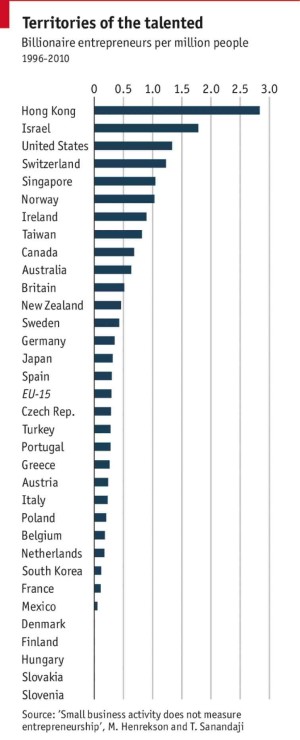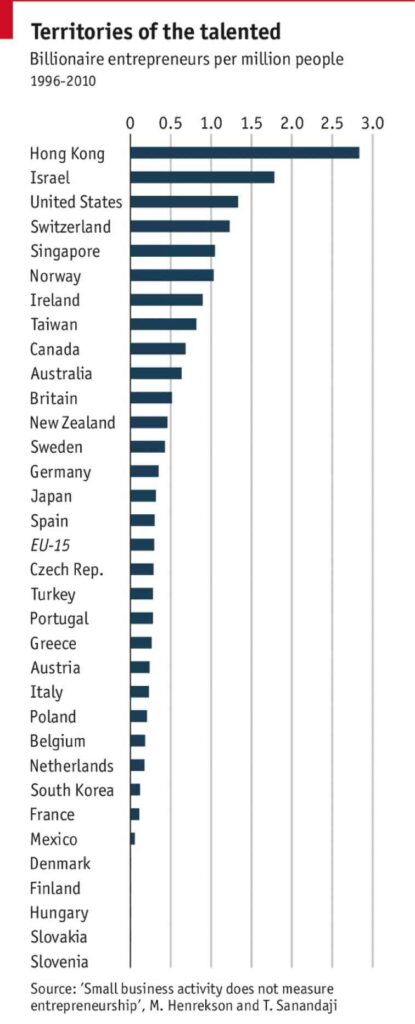There are two types of entrepreneurship: the replicative type and the Schumpeterian type named after Joseph Alois Schumpeter, an Austrian-born American economist, who taught at Harvard University from 1932 until his death at age 66 years old in 1950. Several schools, large and small, had adopted an entrepreneurial philosophy and rightly so since it is what our country needs.
Entrepreneurship is the philosopher’s stone of modern times, something mysterious that is believed to hold the secret to driving economic growth, development and job creation.
Replicative entrepreneurial activities are best exemplified by the ubiquitous sari-sari store and even food franchises.
These are referred to as replicative because expansion is considered additive, and as you add more businesses, the business grows.
There is a world of difference between the typical small business owner replicator entrepreneur who dreams of opening another store and the entrepreneur who dreams of changing the entire industry.
Much of the philosophical thought and framework for this other type of entrepreneurial behavior is primarily the work of Schumpeter, who was born in what is now the Czech Republic.
Schumpeter believed that capitalism could only be understood as an evolutionary process of innovation, entrepreneurship and creative destruction.
The success of the entrepreneurial capitalist leads to corporatism defined as entrepreneurial spirit. Innovation, technological changes and improvements come from entrepreneurs.
This wild spirit results in a huge surplus of capital that can be channeled into research and development, resulting in improvements and more excess capital.
To help foster this spirit, business schools must have the right kind of leadership.
This is a delicate but crucial aspect. Educational institutions don’t pay well, so an entrepreneur might never get hired or apply, especially the Schumpeterian type.
Of course, there had been executives where the head of a business school had gone abroad to complete his studies and opened a series of franchise stores like those of Jollibee and Red Ribbon. This does not deserve the Schumpeterian genre but rather the replicative genre.
This is another conundrum of business schools.
Its leaders, administrators and professors are better teachers if they run or still run a business if it is a Schumpeterian business.
What is the default position of the leadership structure and faculty of these business schools?
The fallback lies in research.
 The currency of education now is research and the teaching aspect probably represents only 10 to 20 percent of an educator’s performance.
The currency of education now is research and the teaching aspect probably represents only 10 to 20 percent of an educator’s performance.
The battle cry of the Western world: publish or perish is now widespread on Philippine shores.
Business school research should focus on best practices, creating models for strategy planning, implementation, and evaluation, and even forecasting and predicting trends for BHAG companies.
The entrepreneur who dreams of changing the entire industry can do so if he finds a need and fills that need, just like George Mitchell, the Texas oilman who revolutionized the oil industry with the process known as name hydraulic fracturing.
Daniel Isenberg, another Harvard University professor, like Joseph Schumpeter, researched the success habits of entrepreneurs and discovered that entrepreneurs look at worthless, impossible, stupid projects and, with a wild mind, transform these losing proposals into spectacular projects.
Schumpeter, like most economists, was more popular after their death than during their lifetime. He was discovered by millennials more than half a century after his death.
There are even blogs about him and his ideas, such as the Economist magazine’s Schumpeter blog which points to the following graph showing the distribution of billionaires per million people with Hong Kong and a population of 5 million at the top of the list.
It’s no surprise that the Philippines isn’t even mentioned in the chart.
The monopolistic and competitive market structure is a hindrance to Schumpeterian entrepreneurship and only favors the replicative type.
Schumpeterian entrepreneurship is anchored on innovation, so the business school that adopts this philosophy must be infused with research and reflect the innovative nature of the business.
The wild spirit should permeate the leadership, administration, faculty and student body who should move away from replicative entrepreneurship.
(The author did his doctoral studies at De La Salle University and teaches finance and economics at DLSU and the Entrepreneurs School of Asia.)


